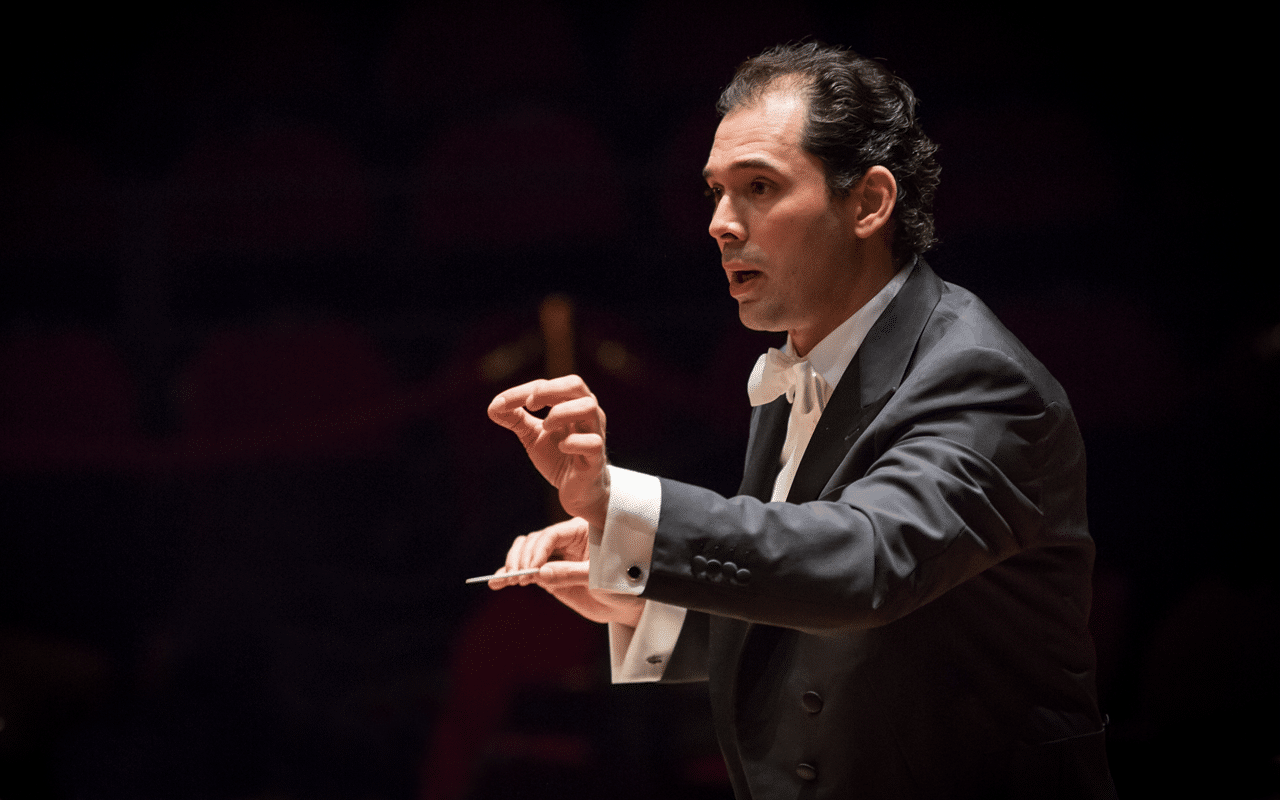Counting Russia’s mounting musical losses
NewsFrom an article in Foreign Policy magazine by Elisabeth Braw:
Russia likes to think of itself as a superpower, but there aren’t that many things it’s actually world-class in. The list today mostly comes down to oil and gas, sports, and classical music. That first is looking shaky, with the developed world scrambling to divest from Russian exports after Russia invaded Ukraine earlier this year. As for the sporting success, well, Russia’s doping scandal has resulted in the country being banned from the Olympics.
Russia may be on its last gasp when it comes to classical music and other fine arts, too. Even during the Cold War, Soviet musicians dazzled the West during their guest appearances. To be sure, there were the odd, embarrassing defections, like those of the dancers Mikhail Baryshnikov and Rudolf Nureyev, and the forced exile of husband-and-wife team Rostropovich and Vishnevskaya. But Soviet state backing of the traditional fine arts helped maintain excellence, even as censorship and disdain for modern art and music cost the chance to develop new scenes. But even after the Soviet Union crumbled, Russia was able to keep up its classical strengths—and attract artists from all around the world.
But now its musicians are leaving, and Western ones have stopped arriving…
Read on here.






Comments